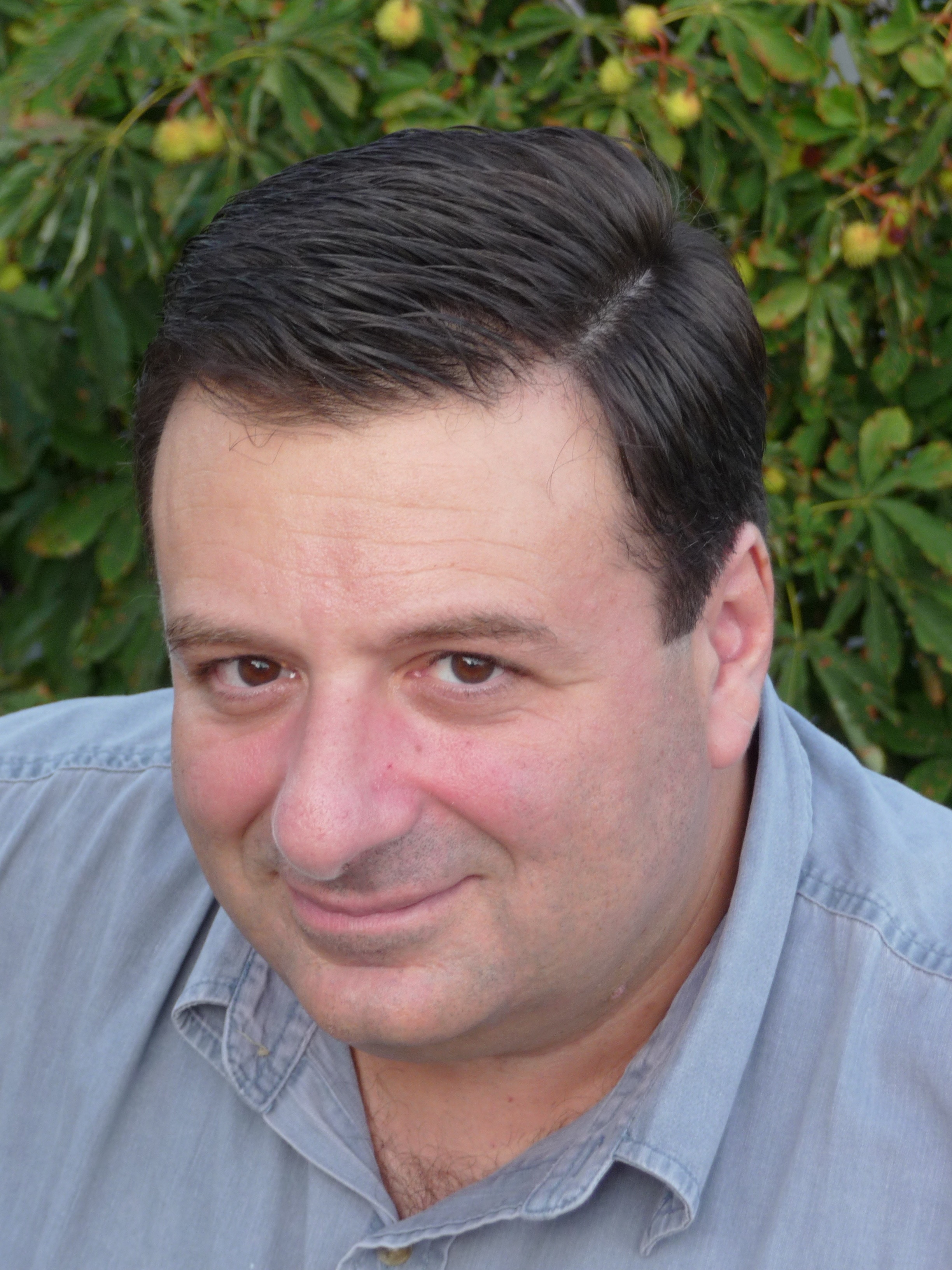Spyridon Kamvissis
Degrees
Ph.D., Courant Institute, 1991
Habilitation, University of Paris VII (Jussieu), 1996
Research and Selected Publications
My research has focused mostly on infinite dimensional Hamiltonian systems that admit a Lax pair or a zero curvature condition and can be studied via an inverse scattering/spectral method. These systems are often called completely integrable and generalise the finite dimensional Liouville-Arnold integrable systems. They form an important subclass of the general class of nonlinear differential systems; they have special extra structure and can thus be treated in more detail. They are nonetheless ubiquitous and offer a particular window to the understanding of several archetypal phenomena: solitons, dispersive shocks, the modulational instability, breather condensates.
I have been particularly interested in mathematically rigorous treatments of asymptotic problems like the investigation of long time asymptotics,
semiclassical (or small dispersion) high frequency asymptotics and continuum limits of solutions of initial and
initial-boundary value problems for nonlinear dispersive partial differential equations
and nonlinear lattices, with particular attention to sophisticated "universal" models displaying instabilities.
I have used and extended techniques from PDE theory, complex analysis, harmonic analysis,
potential theory and algebraic geometry. Along the way, I have made contributions to the analysis of
Riemann-Hilbert factorisation problems on the complex plane or a hyperelliptic Riemann surface and the
related theory of variational problems for Green potentials with harmonic external fields.
In a sense I have worked on a "nonlinear/non-commutative microlocal analysis" that
generalises the classical theory of stationary phase and steepest descent;
for a detailed exposition of this point of view see this review article.
A motivation for this line of research is the conviction that unstable behavior should be first understood in the context of universal integrable theory if possible. Instability should not be avoided as something ill-posed and unphysical; the study of instability should rather be encouraged even for practical reasons: unstable regions is exactly where numerical observations fail.
Spyridon Kamvissis, On the Long Time Behavior of the Doubly Infinite Toda Lattice under Initial Data Decaying at Infinity, Communications in Mathematical Physics, v.153, n.3, pp.479-519, 1993
Percy Deift, Spyridon Kamvissis, Thomas Kriecherbauer, Xin Zhou, The Toda Rarefaction Problem, Communications in Pure and Applied Mathematics, v.49, n.1, pp. 35--83, 1996
Spyridon Kamvissis, Long Time Behavior for the Focusing Nonlinear Schrödinger Equation with Real Spectral Singularities, Communications in Mathematical Physics, v.180, n.2, pp.325-341, 1996 (revised)
Spyridon Kamvissis, Semiclassical Nonlinear Schrödinger on the Half Line, Journal of Mathematical Physics, v.44, n.12, 2003
Spyridon Kamvissis, Kenneth D. T.-R. McLaughlin, Peter D. Miller, Semiclassical Soliton Ensembles for the Focusing Nonlinear Schrödinger Equation, Annals of Mathematics Study 154, Princeton University Press, Princeton, NJ, 2003
Spyridon Kamvissis, Evguenii A. Rakhmanov, Existence and Regularity for an Energy Maximization Problem in Two Dimensions, Journal of Mathematical Physics, v.46, n.8, 2005 (revised)
Spyridon Kamvissis, Gerald Teschl, Stability of Periodic Soliton Equations under Short Range Perturbations, Phys. Lett. A 364-6, 480-483 (2007)
Spyridon Kamvissis, A Riemann-Hilbert Problem in a Riemann Surface; invited contribution to a volume honoring P.D.Lax on his 85th birthday, Acta Mathematica Scientia, v.31, n.6, pp. 2233-2246, 2011
Spyridon Kamvissis, Gerald Teschl, Long Time Asymptotics of the Periodic Toda Lattice under Short Range Perturbations, Journal of Mathematical Physics, v.53, n.7, 2012
D. C. Antonopoulou, S. Kamvissis, On the Dirichlet to Neumann Problem for the 1-dimensional Cubic NLS Equation on the Half-Line, Nonlinearity 28 (2015) 3073-3099 + Addendum (2016)
A.F.Pallas Analysis Prize of the Academy of Athens (2016)
Setsuro Fujiie, Spyridon Kamvissis, Semiclassical WKB Problem for the Non-Self-Adjoint Dirac Operator with Analytic Potential, Journal of Mathematical Physics, v.61, n.1, 011510, 2020
Nicholas Hatzizisis, Spyridon Kamvissis, Semiclassical WKB Problem for the Non-Self-Adjoint Dirac Operator with a Decaying Potential, Journal of Mathematical Physics, v.62, n.3, 033510, 2021
Setsuro Fujiie, Nicholas Hatzizisis, Spyridon Kamvissis, Semiclassical WKB Problem for the Non-Self-Adjoint Dirac Operator with an Analytic Rapidly Oscillating Potential, Journal of Differential Equations, v.360, pp.90-150, 2023
Nicholas Hatzizisis, Spyridon Kamvissis, Semiclassical WKB Problem for the Non-Self-Adjoint Dirac Operator with a Multi-Humped Decaying Potential, Asymptotic Analysis, v.137, n. 3-4, pp. 177-243, 2024
Some Recent Courses
SPRING 2024: RIEMANN-HILBERT METHOD
FALL 2024: VON NEUMANN ALGEBRAS
SPRING 2025: DIFFERENTIAL GEOMETRY
FALL 2025: RIEMANNIAN GEOMETRY
SPRING 2026: STOCHASTIC CALCULUS
